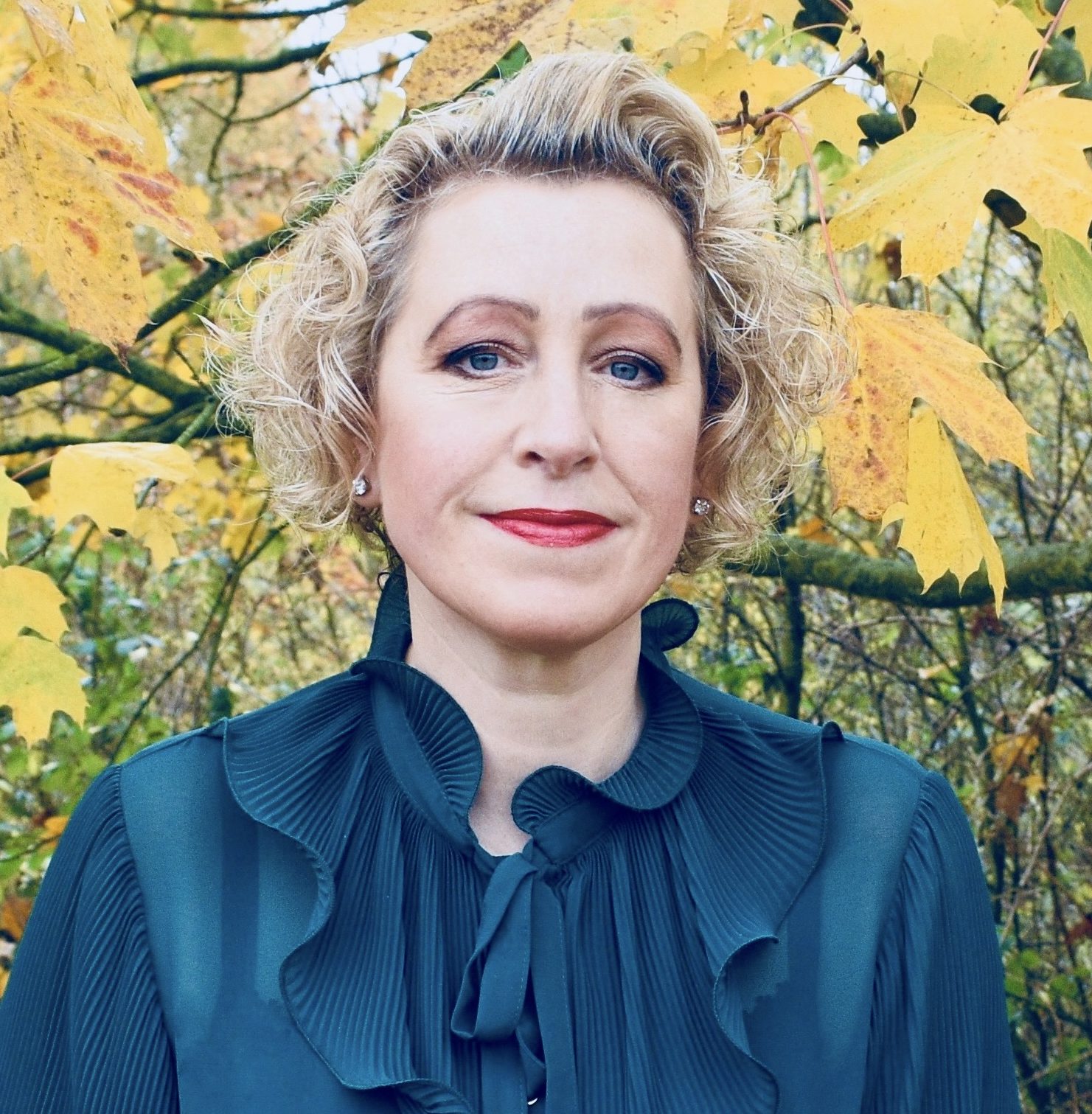According to the government, my daughter scores a big fat zero when it comes to Type 1 Diabetes, meaning she needs no more care or help than the average 16-year-old. She is a zero. Nought. Nothing. What she needs to score in order to qualify for Personal Independence Living Allowance (PiP) is outlined below, in the letter telling us Katy isn’t entitled.

The government – and those who read the PiP application forms – obviously know what kind of care the average 16-year-old needs. They know that Type 1 Diabetes – an incurable autoimmune condition that occurs randomly through no fault of the sufferer – is not remotely life-changing, life-disrupting, or life-threatening. 16-year-old Katy can simply get on with it all by herself.
Let’s look more closely at this.

Katy scores 0. Because of course ALL 16-year-olds collapse at the top of the stairs, calling out to their mum because a hypo has rendered their body completely incapable of movement, causing their eyes to roll into their head, and their words to be so slurred that only a carer with acute knowledge of what’s going on can help. Because ALL 16-year-olds then cannot hold the can of Coke necessary to bring sugars up to safe level, and need a mother to put it to their lips until it’s been consumed. Because ALL 16-year-olds wander into their parents’ room at night, barely knowing who they are, needing hours of insistence that they drink the Coke, eat the biscuit, do their blood sugars again. Because ALL 16-year-olds suffer such extreme hypos that they change personality, fight you, swear, cry, and then remember none of it afterwards. Because ALL 16-year-olds do multiple finger prick tests each day and then work out from the result whether they need to eat or not eat, move or not move, inject or not inject insulin, followed by how much and what ratio the dose at that particular time of day is. Because ALL 16-year-olds have to inject insulin with every single meal or snack, working the measurement out to an accurate amount relevant to the time of day/amount of food/blood sugar reading, knowing that to get it wrong could be fatal.

Katy scores 0. Because ALL 16-year-olds must be forced – by whatever means – during a hypo to consume sugar until levels balance again, something requiring hours of monitoring and insistence. Because ALL 16-year-olds splash Coke up the walls and over the sofa when they’re shaking so much they can’t even hold a child’s cup. Because ALL 16-year-olds in the throes of hypo take two hours to eat a much-needed meal because they can hardly see their food, and you have to lift the fork like they’re a baby.

Katy scores 0. Because ALL 16-year-olds (when suffering low blood sugars and most particularly needing to eat but most vulnerable and unable to do so) should handle knives, gas hobs, naked flames and sharp tin openers. Because ALL 16-year-olds have to carefully weigh their food and read complicated details on packets to work out the carbs so that they can then (using the ratio relevant to that time of day) work out the exact amount of insulin required for that meal, a technique that most mathematicians would find tough.

Katy scores 0. Because ALL 16-year-olds, when their blood sugars drop (or are very high), babble incoherently so that only a parent (or educated individual) knows what must be done or what they need. Because ALL 16-year-olds stare blankly at your words when you tell them clearly and absolutely that they MUST drink this Coke, they must sit still, please don’t fight us, please don’t fight us. Because ALL 16-year-olds go into such a trance-like state during a hypo that they don’t even know their own name.

Katy scores 0. Because ALL 16-year-olds do not lock the bathroom door when they bathe, and have their mum hovering close by, asking every ten minutes if they’re okay, lest they hypo and drown in the bath, something that has almost occurred numerous times.
And of course ALL 16-year-olds have annual eye tests, annual foot tests, and three-monthly weight/blood tests and consultations. They ALL have a care plan in place at school or college, where staff must be thoroughly educated on how to respond to hypos. They ALL carry glucose, lancets, insulin, snacks, Glucagon, blood meter and strips with them absolutely everywhere they go. They ALL wear a medical emergency bracelet. They ALL have to plan everything they do so very carefully in advance, think of every eventuality.
While the government cannot recognise and support the extra care and needs that Katy has, we do, and we will make sure it occurs. We are not looking for handouts or attention, just the award that is supposed to support and help those with extra difficulties or disabilities.
Katy is not zero to us. She IS a normal 16-year-old in many ways – difficult, challenging, wonderful. Not nothing – everything.

How incredibly frustrating! As if you don’t have enough to deal with. I know a friend of mine, who’s son has autism, struggles so much with this form, because it makes her list everything he can’t do and be really negative, when her automatic inclination is to be positive, to stress everything he can do. It shouldn’t be this hard… xx
LikeLiked by 1 person
I know! You do have to write up the worst case scenario (which I always do with difficulty) and STILL 0. xxxx
LikeLike
Absolutely spot on. I saw your link on the Facebook page, came to read it, and was struck by the similarities – my Type 1 daughter, is also called Katy, is also 16 and, finally, is also a big fat 0 points. We’re not asking for anything they’re not entitled to, but you’d think we were trying it on.
LikeLiked by 1 person
Wow that is a hufe coincidence! Big hug to your Katy! xxx
LikeLiked by 1 person
*huge
LikeLike